Home>Garden Essentials>What Kind Of Insurance Does Lawn Care Business Get


Garden Essentials
What Kind Of Insurance Does Lawn Care Business Get
Modified: March 7, 2024
Find out what kind of insurance coverage is essential for your garden or lawn care business to protect against risks and liabilities
(Many of the links in this article redirect to a specific reviewed product. Your purchase of these products through affiliate links helps to generate commission for Storables.com, at no extra cost. Learn more)
Introduction
Gardening and lawn care businesses play a crucial role in creating and maintaining beautiful outdoor spaces. Whether you’re a small independent contractor or a large company, it’s essential to protect your business from potential risks and liabilities. One way to do this is by obtaining the right insurance coverage. Insurance not only provides financial protection but also gives peace of mind, allowing you to focus on delivering exceptional garden services to your clients.
In this article, we will explore the various types of insurance that lawn care businesses should consider. From general liability insurance to commercial auto insurance, workers’ compensation insurance to professional liability insurance, we will outline the key coverage options and explain why they are important for your business.
Running a gardening or lawn care business involves a combination of physical labor, the use of specialized equipment, and working in various locations. All of this exposes your business to potential risks, including accidents, injuries, property damage, and legal claims. Having the right insurance policies in place can protect your business assets, cover unforeseen expenses, and help you navigate any legal disputes that may arise.
Keep in mind that insurance requirements may vary based on your location, the type of services you provide, and the size of your business. It is always a good idea to consult with insurance professionals or brokers who specialize in the landscaping industry to ensure you have the appropriate coverage tailored to your specific needs.
Now, let’s dive into the different types of insurance that are essential for your lawn care business.
Key Takeaways:
- Protect your lawn care business with essential insurance coverage, including general liability, property, commercial auto, workers’ compensation, and equipment insurance. Safeguard your assets and focus on delivering exceptional services to clients.
- Don’t overlook the importance of professional liability, cyber liability, and umbrella insurance for added protection. Consult with industry-specific insurance professionals to ensure tailored coverage for your lawn care business.
General Liability Insurance
General liability insurance is a fundamental coverage for any lawn care business. It protects your business from claims resulting from bodily injury or property damage caused by your operations, products, or services. This type of insurance is crucial because accidents can happen, and even a minor incident can lead to costly lawsuits or settlements.
With general liability insurance, you are covered for various scenarios. For example, if a client slips and falls on a wet patch of grass and suffers an injury, your insurance will cover their medical expenses and any legal costs associated with the incident. If you accidentally damage a client’s property, such as knocking over a valuable statue while mowing the lawn, your insurance will cover the repair or replacement costs.
General liability insurance can also protect your business in case of personal injury claims. For instance, if a competitor accuses you of making false statements about their services to gain a competitive advantage, and they sue you for defamation, your insurance will cover your defense costs and any potential settlement or judgment.
Having general liability insurance gives your clients peace of mind, as they know that if any accidents or damages occur, there is adequate coverage to handle the situation. Many clients may even require proof of insurance before hiring your services.
When assessing general liability insurance policies, it’s important to consider the coverage limits and exclusions. The coverage limits determine the maximum amount your insurance company will pay out for a claim. It’s crucial to choose coverage limits that align with the size and scope of your business, ensuring you are adequately protected.
Additionally, be aware of any exclusions in the policy, as there may be certain types of claims or activities that are not covered. It’s important to fully understand the policy terms and discuss any concerns with your insurance provider. If needed, you can also consider adding endorsements or additional coverages to your general liability policy to fill any gaps in coverage specific to your business.
In summary, general liability insurance is essential for your lawn care business, as it provides protection against bodily injury, property damage, and personal injury claims. It safeguards your business assets and reputation, giving you the confidence to operate smoothly and handle any unexpected situations that may arise.
Property Insurance
Property insurance is a vital coverage for lawn care businesses that own or lease their office space, equipment, tools, and other assets. This type of insurance provides protection against losses or damages to your physical property due to various perils, such as fire, theft, vandalism, or natural disasters.
When it comes to property insurance, there are two main types to consider: building coverage and contents coverage.
Building coverage protects the structure of your office or workshop. If you own the property, this coverage will ensure that any damages or destruction caused by covered perils are repaired or rebuilt. Even if you lease the space, it’s still a good idea to have building coverage to protect any improvements or alterations you’ve made.
Contents coverage, on the other hand, protects the contents of your property, including your equipment, tools, supplies, and inventory. In case of theft, damage, or loss, contents coverage will cover the cost of repairing or replacing these items. This is especially important for lawn care businesses as there are valuable and specialized tools involved, such as mowers, trimmers, blowers, and more.
When purchasing property insurance, it’s crucial to accurately assess the value of your building and contents to determine the appropriate coverage limits. Keep in mind that the cost of construction materials and equipment can fluctuate over time, so it’s recommended to review your policy annually to ensure it adequately covers your assets.
In addition to protecting your physical property, property insurance may also include coverage for business interruption. This coverage helps compensate for lost income and additional expenses if your business operations are temporarily disrupted due to a covered loss. For example, if your office or equipment is damaged by a fire and you are unable to work for several weeks, business interruption coverage can help cover your ongoing expenses like rent, payroll, and utilities.
It’s important to review your property insurance policy carefully and understand the specific coverage, deductibles, and exclusions. Some policies may have limitations on coverage for certain perils or exclude coverage for certain types of equipment or tools. If needed, you can consider adding endorsements or additional coverages to address any specific risks or gaps in coverage that are unique to your business.
In summary, property insurance is essential for lawn care businesses to protect their physical property, including buildings, equipment, and tools. It provides financial security in the event of loss, damage, or theft, allowing you to quickly recover and resume your business operations without major disruptions.
Commercial Auto Insurance
Commercial auto insurance is a crucial coverage for lawn care businesses that rely on vehicles to transport equipment, supplies, and employees to various job sites. Unlike personal auto insurance, which is designed for individuals, commercial auto insurance is specifically tailored to protect businesses in case of accidents, damages, or injuries that occur while using company-owned vehicles.
Whether you have a single vehicle or a fleet of trucks and vans, commercial auto insurance provides several key coverages:
- Liability Coverage: This coverage protects your business if you or one of your employees is at fault in an accident and causes injury or property damage to another party. It will cover medical expenses, property repair costs, and legal fees if a lawsuit ensues.
- Collision Coverage: This coverage pays for damages to your vehicle caused by a collision, regardless of who is at fault. It helps cover the costs of repairing or replacing your vehicle, ensuring that you can continue operations without significant disruptions.
- Comprehensive Coverage: This coverage protects your vehicle from non-collision-related incidents, such as theft, vandalism, fire, or weather damage. It provides financial assistance for repairs or replacement in such situations.
- Uninsured/Underinsured Motorist Coverage: This coverage protects you and your employees if you are involved in an accident with a driver who does not have insurance or lacks sufficient coverage to fully compensate for damages or injuries.
- Medical Payments Coverage: This coverage helps cover medical expenses for you and your passengers, regardless of who is at fault in an accident.
When purchasing commercial auto insurance, it’s important to provide accurate information about your vehicles, the number of drivers, and their driving records. This will help ensure that you receive the appropriate coverage and premiums for your specific needs. Additionally, you may be able to reduce your insurance costs by implementing safety measures, such as driver training programs, vehicle tracking systems, and regular vehicle maintenance.
It’s worth noting that personal auto insurance policies may not provide coverage for vehicles used for business purposes. It’s essential to have dedicated commercial auto insurance to ensure you are fully protected in case of accidents or incidents that occur while conducting business activities.
Remember to review your commercial auto insurance policy regularly to ensure it reflects any changes in your business, such as adding or removing vehicles, hiring new drivers, or changes in the value of your vehicles. Being proactive in managing your insurance coverage will help minimize your risk and protect your business assets.
In summary, commercial auto insurance is vital for lawn care businesses that rely on vehicles for their operations. It provides coverage for liability, collision, comprehensive, uninsured/underinsured motorist, and medical payments, ensuring that you have the financial protection necessary in case of accidents or damages involving company-owned vehicles.
Workers’ Compensation Insurance
Workers’ compensation insurance is a critical coverage for lawn care businesses that employ workers. It provides benefits to employees who suffer work-related injuries or illnesses, including medical expenses, rehabilitation costs, and a portion of their lost wages. In exchange for these benefits, employees give up their right to sue the employer for negligence.
Accidents can happen in any industry, and the physical nature of lawn care work puts employees at risk of injuries from equipment, falls, repetitive motions, and exposure to chemicals. Having workers’ compensation insurance not only ensures that your employees receive the necessary medical care and support if an injury occurs but also protects your business from potential lawsuits and financial liabilities.
Workers’ compensation insurance covers a wide range of benefits, including but not limited to:
- Medical Expenses: This includes doctor visits, hospital stays, medication, surgeries, physical therapy, and other necessary medical treatments related to a work-related injury or illness.
- Disability Benefits: These benefits provide a portion of the injured employee’s lost wages while they are unable to work during their recovery period. The amount and duration of disability benefits vary based on the severity and nature of the injury.
- Rehabilitation: Workers’ compensation insurance can cover the costs of vocational rehabilitation programs or job retraining to help injured employees return to work or transition to new roles if necessary.
- Death Benefits: In the unfortunate event of a fatal work-related injury or illness, workers’ compensation insurance provides death benefits to the employee’s dependents to help cover funeral expenses and provide financial support.
It’s important to note that workers’ compensation insurance requirements vary by state, and compliance with local regulations is essential. Most jurisdictions require businesses with employees to carry workers’ compensation insurance, and failure to do so can result in significant penalties and legal consequences.
When purchasing workers’ compensation insurance, the premium costs are determined by various factors, including the nature of your business, the number of employees, and the history of occupational injuries or illnesses within your industry. It’s essential to accurately report your employee count, job classifications, and payroll information to determine the appropriate coverage and premium rates.
Additionally, to reduce the risk of workplace injuries, it’s crucial to implement comprehensive safety protocols, provide proper training to employees, and maintain a safe working environment. Demonstrating a commitment to workplace safety can help lower your workers’ compensation insurance premiums over time.
In summary, workers’ compensation insurance is a vital coverage for lawn care businesses with employees. It provides financial protection to both employees and employers in case of work-related injuries or illnesses, ensuring that medical expenses are covered and employees receive proper support during their recovery.
Read more: What Do Lawn Care Businesses Do
Equipment and Tool Insurance
Equipment and tool insurance is an essential coverage for lawn care businesses that heavily rely on specialized equipment and tools to carry out their services. This type of insurance provides protection against loss, theft, or damage to your equipment and tools, ensuring that your business can continue to operate efficiently even in the face of unexpected events.
As a lawn care business, your equipment and tools are your valuable assets. From mowers and trimmers to blowers and hand tools, these items are crucial for delivering high-quality services to your clients. Equipment and tool insurance can provide coverage for various situations, including:
- Theft: In the unfortunate event that your equipment or tools are stolen, this insurance coverage will help cover the cost of replacement, ensuring that you can continue operations without a significant financial setback.
- Damage: Whether it’s due to accidents, natural disasters, or other unforeseen circumstances, equipment and tool insurance will cover the cost of repairing or replacing damaged items. This will minimize the impact on your business and allow you to quickly get back to serving your clients.
- Transportation: If your equipment or tools are damaged while being transported from one job site to another, this insurance can cover the repair or replacement costs.
When considering equipment and tool insurance, it’s important to assess the value of your equipment and tools accurately. Keep an inventory of all your items, including their make, model, and serial numbers, and work with your insurance provider to determine the appropriate coverage limits.
Additionally, be aware of any exclusions or limitations in the policy. Some insurance policies may have restrictions on coverage for certain types of equipment or exclude coverage for items that are not properly secured or attended to at job sites. It’s important to review the policy terms thoroughly to ensure that your valuable assets are adequately protected.
Properly maintaining and securing your equipment and tools can also help minimize the risk of loss or damage. Implementing security measures, such as installing tracking devices, using secure storage, and training employees on proper handling and maintenance, can reduce the likelihood of theft or accidents.
Lastly, keep in mind that equipment and tool insurance is typically separate from general liability or property insurance. While those policies may provide some coverage for equipment and tools, they may not fully address the specific risks and value associated with your lawn care equipment and tools. Having dedicated coverage ensures that you have comprehensive protection for these essential assets.
In summary, equipment and tool insurance is an important coverage for lawn care businesses to protect their valuable equipment and tools from theft, damage, or loss. It allows you to continue serving clients without major disruptions and provides peace of mind knowing that your crucial assets are well protected.
Lawn care businesses typically need general liability insurance to protect against property damage or injury claims. They may also need commercial auto insurance for their vehicles and equipment.
Business Interruption Insurance
Business interruption insurance is a critical coverage for lawn care businesses that provides financial protection when unexpected events disrupt normal operations. Whether it’s a natural disaster, fire, or other unforeseen circumstances, business interruption insurance helps mitigate the financial impact of these interruptions by covering lost income and necessary expenses during the period of disruption.
As a lawn care business, your revenue depends on your ability to provide services to your clients consistently. If a covered event, such as a fire that damages your office or a natural disaster that renders your equipment unusable, causes a temporary halt in your operations, it can have a significant impact on your cash flow and profitability.
Business interruption insurance can provide coverage for various aspects, including:
- Lost Income: This coverage compensates for the income you would have earned during the period of interruption, helping to bridge the financial gap and maintain your cash flow. It can cover not only the revenue from your services but also any contracts, retainers, or ongoing projects that were disrupted due to the event.
- Fixed Expenses: Even if your operations are temporarily on hold, certain fixed expenses, such as rent, utilities, insurance premiums, and financing costs, may still need to be paid. Business interruption insurance can cover these expenses, ensuring that you can continue to meet your financial obligations.
- Extra Expenses: In some cases, you may incur additional expenses when dealing with a disruption, such as renting alternative office space, leasing equipment, or hiring temporary staff to maintain ongoing projects. Business interruption insurance can help cover these extra expenses, minimizing the impact on your bottom line.
It’s important to carefully review your business interruption insurance policy to understand the specific terms, waiting periods, and coverage limits. Some policies may have a waiting period before coverage kicks in, so it’s crucial to assess your financial ability to withstand a temporary interruption during that time. Additionally, accurately estimating the duration and potential financial impact of a disruption is essential when determining the appropriate coverage limits.
Business interruption insurance is often included as part of a comprehensive commercial property insurance policy. However, it’s important to ensure that the coverage and limits adequately meet the needs of your lawn care business. If your policy does not include business interruption coverage, you can discuss with your insurance provider to add this important coverage as an endorsement to your existing policy.
In summary, business interruption insurance is a crucial coverage for lawn care businesses to protect against the financial impact of unexpected events that disrupt normal operations. It provides coverage for lost income, fixed expenses, and extra expenses, allowing you to navigate temporary interruptions with financial stability and resume operations promptly.
Professional Liability Insurance
Professional liability insurance, also known as errors and omissions insurance, is a critical coverage for lawn care businesses that provides protection against claims of negligence, errors, or omissions in the performance of professional services. As a professional in the gardening and lawn care industry, you are entrusted with providing expert advice, recommendations, and services to your clients. However, mistakes or misunderstandings can occur, and professional liability insurance helps safeguard your business from the financial consequences of such claims.
Professional liability insurance covers a variety of scenarios, including:
- Errors in Design or Planning: If your professional services involve designing landscapes, creating garden plans, or offering horticultural advice, professional liability insurance can protect you in case of errors or inaccuracies in your work.
- Failure to Meet Client Expectations: If a client claims that your work did not meet their expectations or was not performed to industry standards, professional liability insurance can provide coverage for legal expenses, settlements, or judgments.
- Claims of Negligence: If a client believes that your actions or recommendations have caused them financial loss or damage, professional liability insurance can protect your business from claims of negligence, providing coverage for legal defense and any compensatory damages awarded.
- Unintentional Misrepresentation: If you inadvertently provide inaccurate information or make false claims about your services, products, or qualifications, professional liability insurance can help cover any resulting legal claims.
Professional liability claims can have a significant financial impact on your business, even if the allegations are unfounded. Legal fees alone can be substantial, and the cost to defend your reputation and resolve the claim can be a burden. Professional liability insurance provides the necessary financial protection so that you can focus on your work without the constant worry of potential legal disputes.
When purchasing professional liability insurance, it’s crucial to consider the specific coverage limits, exclusions, and conditions of the policy. Different policies may have different coverage limits based on the type and size of your lawn care business. It’s best to work with an insurance professional with experience in your industry to ensure that you have adequate coverage tailored to your unique needs.
While professional liability insurance is not typically legally required, many clients may request proof of insurance before entering into contracts or agreements with you. Having professional liability coverage can demonstrate your commitment to excellence, professionalism, and responsibility in your work, giving your clients additional confidence in your services.
In summary, professional liability insurance is a crucial coverage for lawn care businesses to protect against claims of negligence, errors, or omissions in the performance of professional services. It provides financial protection, covering legal expenses, settlements, or judgments, and gives your clients peace of mind knowing that you are committed to delivering high-quality services.
Cyber Liability Insurance
In today’s digital age, cyber liability insurance is an essential coverage for lawn care businesses that store sensitive information and rely on technology for daily operations. With the increasing risk of cyber threats and data breaches, having this type of insurance can protect your business from the financial and reputational damages that can result from a cyber attack.
Cyber liability insurance provides coverage for various aspects of cyber risks, including:
- Data Breaches: If your business experiences a data breach in which personally identifiable information, such as client names, addresses, or payment details, is compromised, cyber liability insurance can cover the costs associated with breach response, including notifying affected individuals, providing credit monitoring services, and managing public relations.
- Third-Party Liability: If a cyber attack on your business results in the exposure of sensitive information belonging to clients, vendors, or partners, they may hold your business responsible. Cyber liability insurance can help cover legal expenses, settlements, or judgments in the event of a third-party liability claim.
- Business Interruption: If your systems become unavailable due to a cyber attack or other cyber-related incidents, you may experience a loss of income. Cyber liability insurance can provide coverage for the resulting business interruption, compensating for the financial loss during the downtime.
- Cyber Extortion: In the event of a ransomware attack or cyber extortion attempt, where hackers demand payment to return control of your systems or not release stolen data, cyber liability insurance can cover the costs associated with responding to the extortion, including ransom payments if necessary.
Cyber attacks can disrupt your business operations, lead to financial loss, and damage your reputation. Recovering from such incidents can be challenging without the proper resources in place. Cyber liability insurance not only provides financial protection but also offers access to expert resources, including data breach response teams and legal assistance, to help mitigate the impact of a cyber attack.
When purchasing cyber liability insurance, it’s important to consider the specific coverage limits, deductibles, and exclusions of the policy. Each insurance provider may offer different coverage options, so it’s crucial to assess the cyber risks faced by your business and choose a policy that best aligns with your needs and budget.
In addition to having cyber liability insurance, it’s important to implement robust cybersecurity measures to reduce the risk of cyber attacks. This can include regularly updating software and systems, utilizing firewalls and encryption, training employees on data security best practices, and conducting regular vulnerability assessments.
In summary, cyber liability insurance is a crucial coverage for lawn care businesses to protect against the financial and reputational damages that can result from cyber attacks and data breaches. It provides coverage for breach response, third-party liability, business interruption, and cyber extortion, allowing you to effectively respond to and recover from cyber incidents.
Read more: What Does Renovation Insurance Cover
Umbrella Insurance
Umbrella insurance is an essential coverage for lawn care businesses that provides an additional layer of liability protection beyond the limits of your primary insurance policies. It acts as a safety net, offering broader coverage and higher liability limits, helping to protect your business from significant financial losses in the event of a catastrophic event or a substantial liability claim.
While general liability, professional liability, and other primary insurance policies provide coverage for specific risks, they have coverage limits. If a claim exceeds those limits, the additional costs can be financially devastating to your business. This is where umbrella insurance comes into play, providing protection above and beyond those limits.
Umbrella insurance offers several key benefits:
- Increased Liability Limits: Umbrella insurance extends the coverage limits of your primary insurance policies, giving you added financial protection. This ensures that your business is adequately covered in case of a major incident or lawsuit that exceeds the limits of your underlying policies.
- Broadened Coverage: Umbrella insurance not only provides higher liability limits but can also expand coverage for certain types of claims that may not be covered under your primary policies. This can include personal injury claims, advertising liability, or reputational damages.
- Protection against Legal Costs: In addition to the increased coverage, umbrella insurance can also cover legal expenses, including attorney fees, court costs, and settlements or judgments, in the event of a covered claim. This can help alleviate the financial burden of defending your business in a lawsuit.
Umbrella insurance is designed to provide excess coverage over multiple underlying policies, such as general liability, commercial auto, and employer’s liability. It’s important to review the coverage limits and exclusions of your primary policies to ensure they align with your needs and consider the potential risks your lawn care business may face.
When determining the appropriate umbrella insurance coverage, it’s crucial to assess the nature of your business, the level of risk, and your financial capacity to cover potential liabilities. An insurance professional specializing in commercial policies can help you evaluate your risks and recommend the appropriate coverage limits to adequately protect your business.
While umbrella insurance is not typically required by law, it provides an added layer of security and peace of mind for your business. It acts as a safety net, ensuring that even in the face of unexpected and significant claims, your business is protected and can continue to thrive.
In summary, umbrella insurance is crucial for lawn care businesses to provide increased liability protection beyond the limits of their primary insurance policies. It offers higher liability limits, broadened coverage, and protection against high legal costs, helping to safeguard your business from substantial financial losses in the event of a catastrophic event or significant liability claim.
Conclusion
As a lawn care business owner, protecting your business from potential risks and liabilities is essential for long-term success. Obtaining the right insurance coverage for your business not only provides financial protection but also offers peace of mind, allowing you to focus on delivering exceptional services to your clients.
In this article, we have explored several types of insurance that are crucial for lawn care businesses. General liability insurance safeguards your business from claims of bodily injury or property damage, while property insurance protects your physical assets from losses or damages.
Commercial auto insurance provides coverage for vehicles used in your business operations, ensuring protection in case of accidents or damages. Workers’ compensation insurance provides benefits to employees who suffer work-related injuries or illnesses, offering financial support while protecting your business from potential lawsuits.
Equipment and tool insurance ensures that your valuable assets are protected from theft, damage, or loss, and business interruption insurance covers lost income and necessary expenses when unexpected events disrupt your operations.
Professional liability insurance protects your business from claims of negligence or errors in the professional services you provide, and cyber liability insurance guards against the financial and reputational damages that can result from cyber attacks and data breaches.
Finally, umbrella insurance offers an additional layer of liability protection beyond the limits of your primary insurance policies, providing broader coverage and higher liability limits for your peace of mind.
While insurance requirements may vary based on your location, the size of your business, and the nature of your services, it’s crucial to consult with insurance professionals or brokers who specialize in the landscaping industry to ensure you have the appropriate coverage tailored to your specific needs.
By understanding the different types of insurance and obtaining the right coverage, you can protect your business assets, safeguard against financial risks, and focus on delivering outstanding gardening and lawn care services to your clients.
Frequently Asked Questions about What Kind Of Insurance Does Lawn Care Business Get
Was this page helpful?
At Storables.com, we guarantee accurate and reliable information. Our content, validated by Expert Board Contributors, is crafted following stringent Editorial Policies. We're committed to providing you with well-researched, expert-backed insights for all your informational needs.
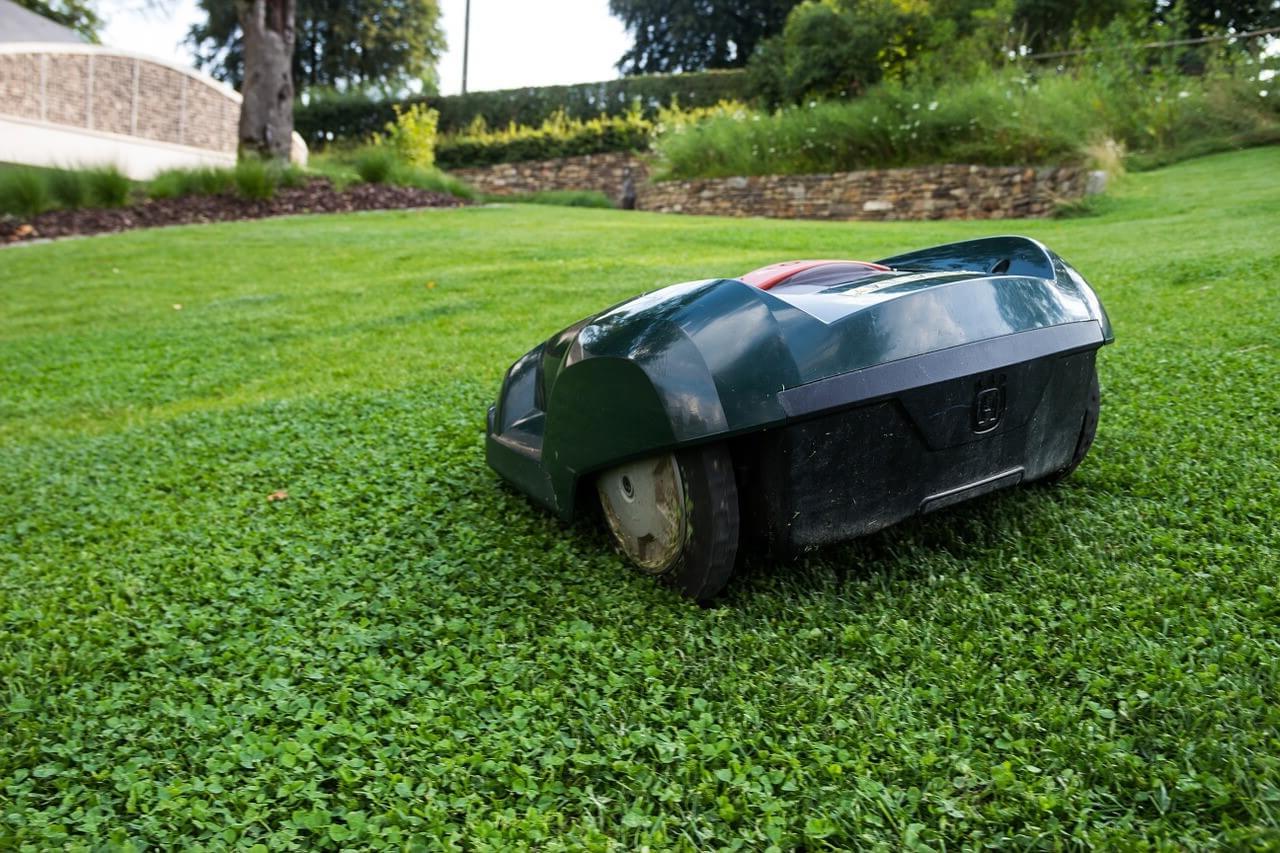


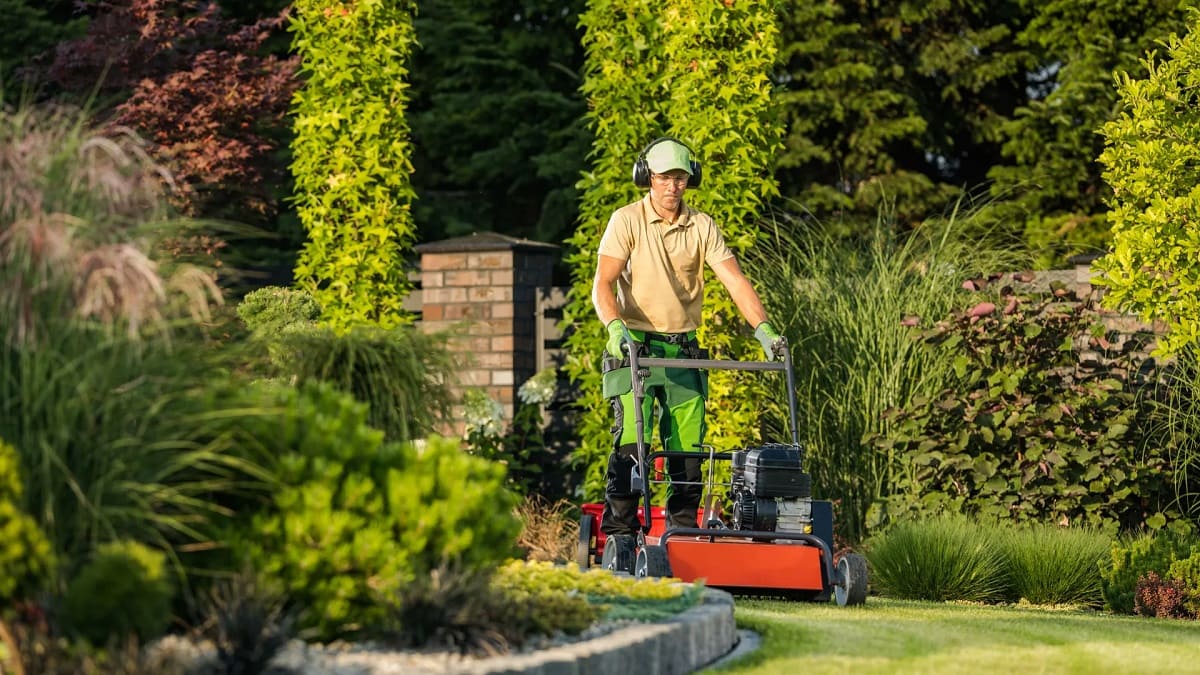
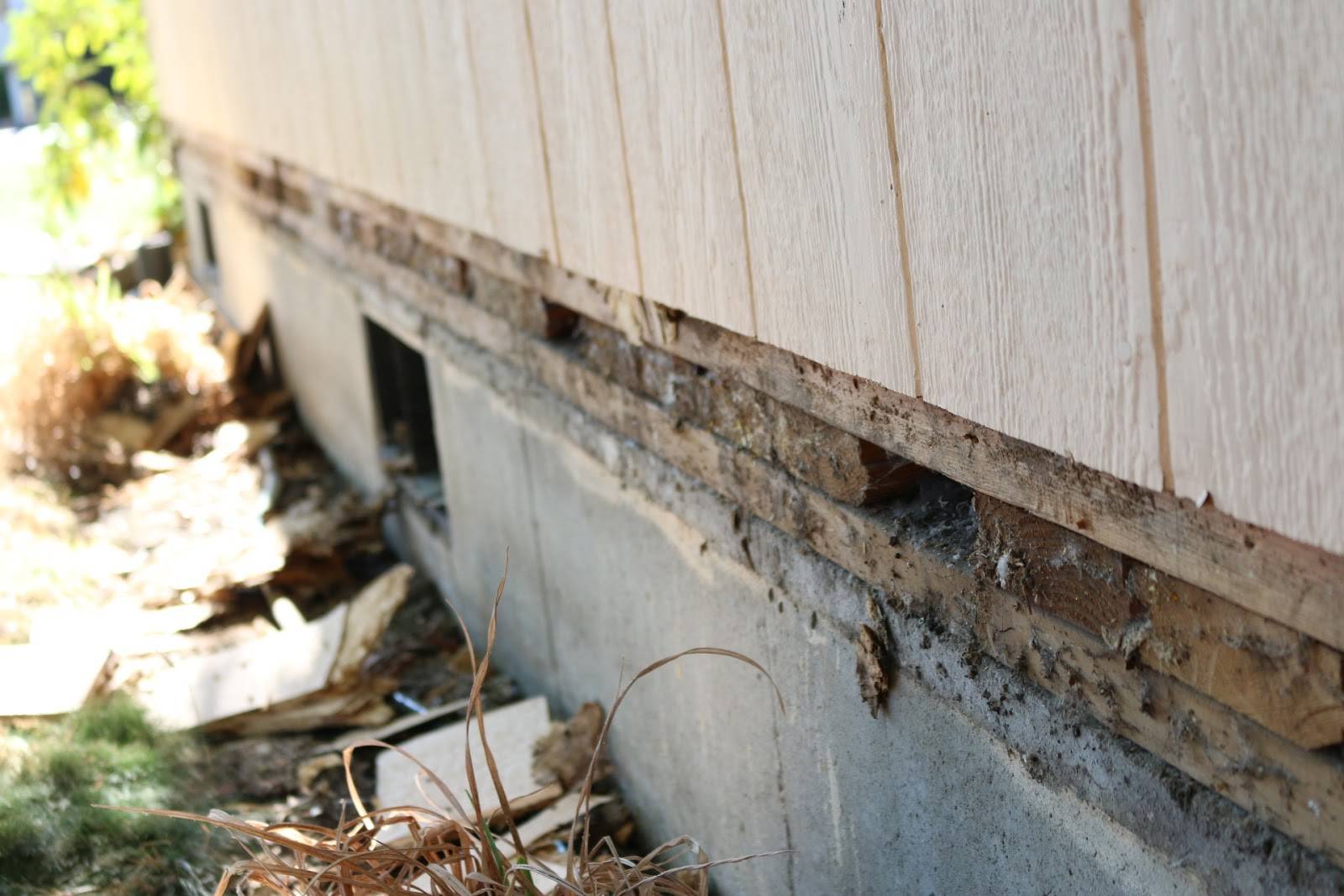




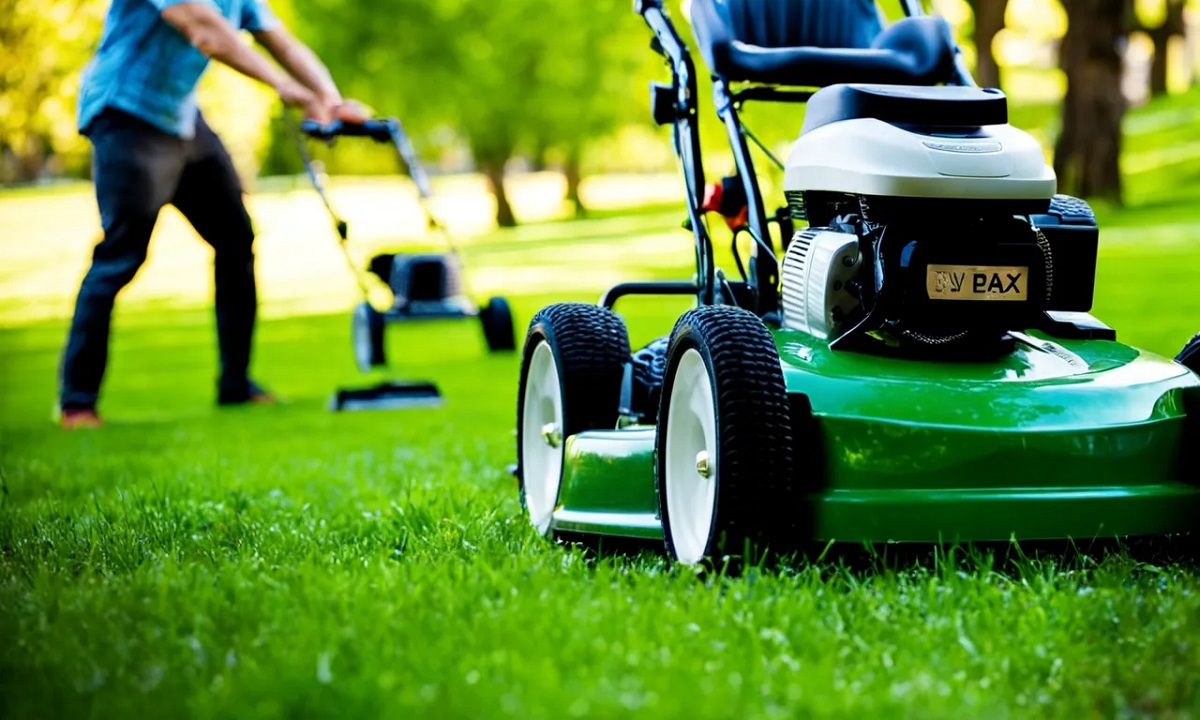
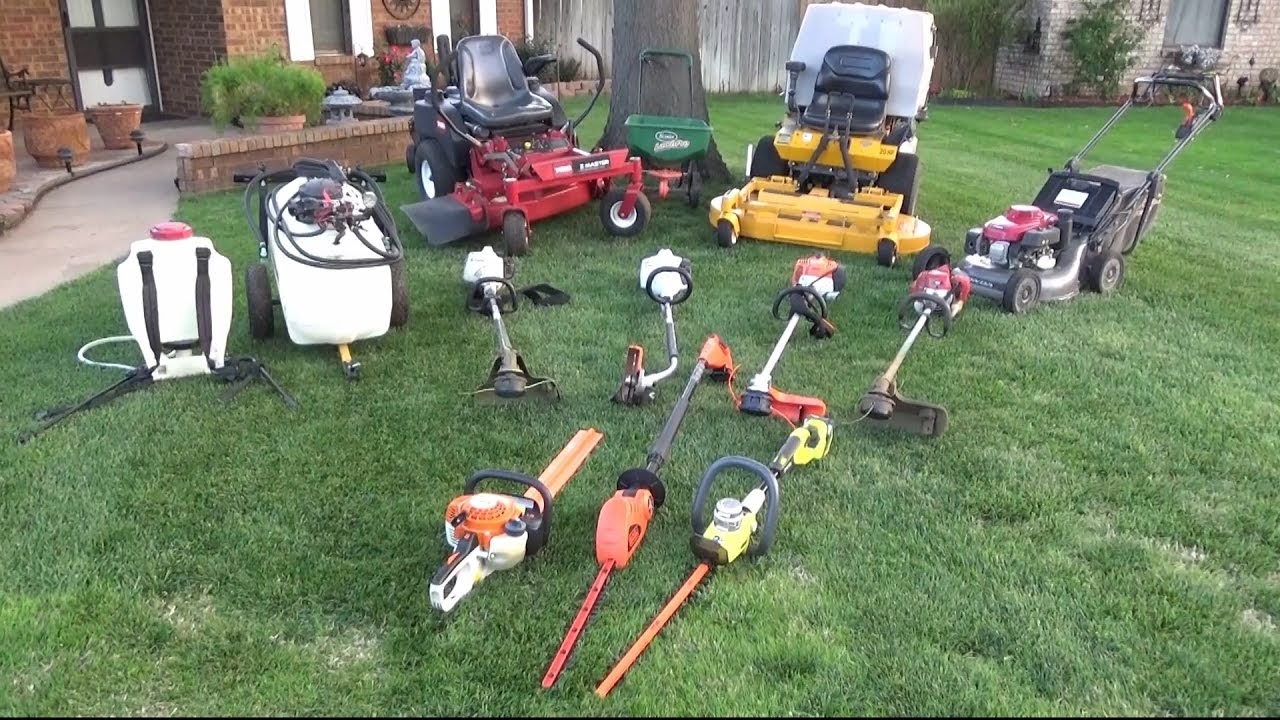



0 thoughts on “What Kind Of Insurance Does Lawn Care Business Get”